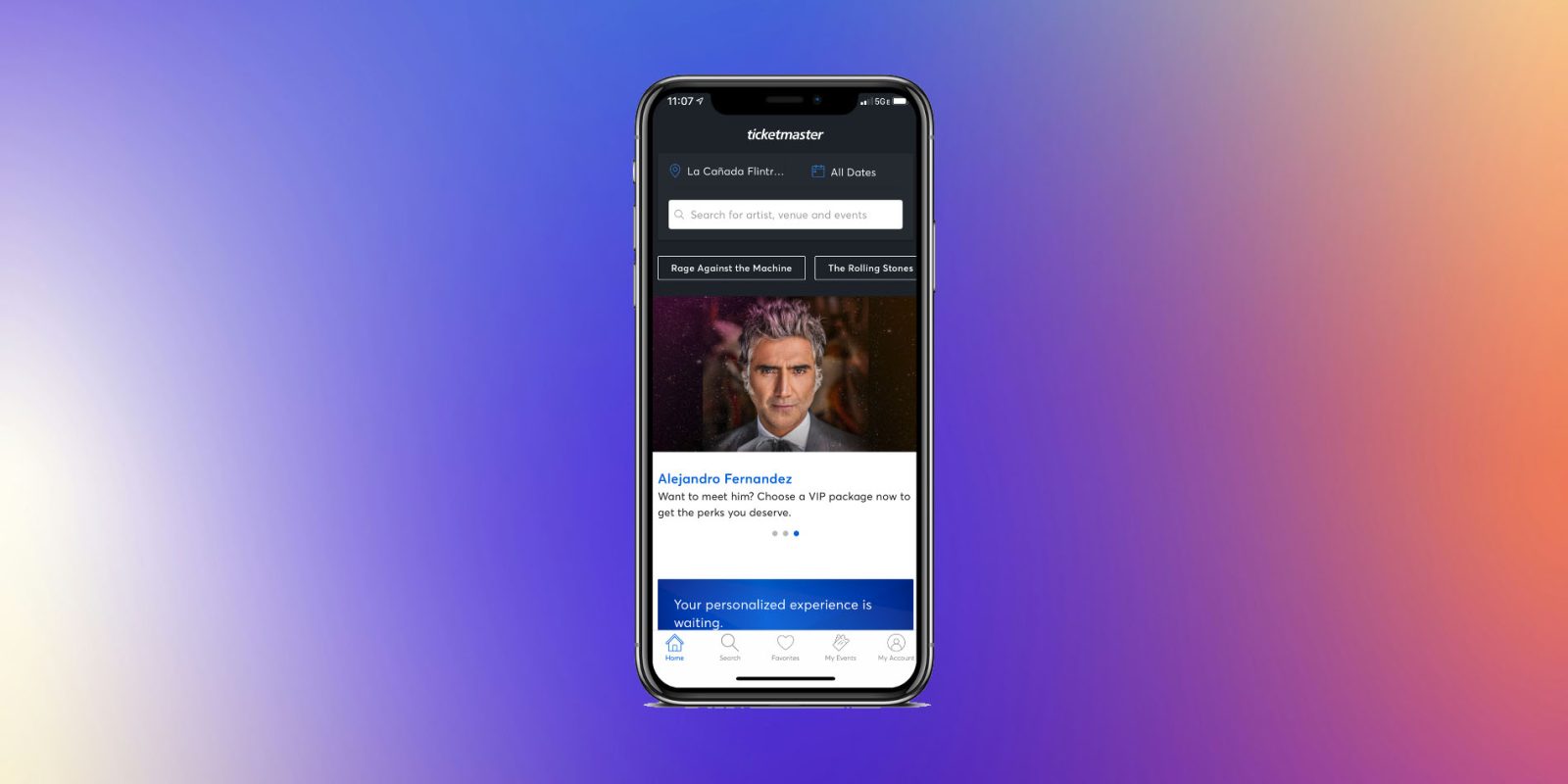
Ticketmaster SafeTix, a feature the company claimed was for fraud-prevention, was actually intended to make it harder for customers to buy their tickets from other resellers, according to an antitrust lawsuit. The complaint says this is proven by internal company documents …
The lawsuit was filed by the Department of Justice (DOJ), and has now been backed by a total of 39 US states, seeking to separate Ticketmaster from its parent company Live Nation.
Ticketmaster SafeTix
Ticketmaster SafeTix was a feature introduced back in 2019, when a static QR code was replaced by a rolling code which updated every 15 seconds. The company claimed at the time that this was intended to defeat the sale of counterfeit tickets.
Ticketmaster SafeTix are powered by a new and unique barcode that automatically refreshes every 15 seconds. This greatly reduces the risk of ticket fraud from stolen or illegal counterfeit tickets. If you take a closer look at your ticket, you may notice that it has a gliding movement, making it in a sense, alive. That movement is our ticket technology actively working to safeguard you every second.
However, the move was believed by many to be an attempt to achieve a monopoly on the sale of tickets to certain events.
DOJ antitrust lawsuit
The DOJ says it has evidence of the company’s intent, thanks to internal documents it obtained in the course of its investigation, as The Verge notes.
A document from a 2014 executive meeting calls the “non-transferrable digital ticket” a “game-changer.” At a meeting three years later, the rotating barcode was described as a “product enhancement [ ] for market share” and an opportunity to “reduce TM’s economic risk,” according to the complaint.
Other internal documents show that the company’s ticket sales account for 70% of all amphitheater shows, and TicketMaster is the primary outlet for around 80% of NBA and NHL games.
Music Business Worldwide reports that even more US states are now supporting the DOJ lawsuit.
The state prosecutors of Indiana, Iowa, Kansas, Louisiana, Mississippi, Nebraska, New Mexico, South Dakota, Utah and Vermont have now added themselves to the lawsuit that was originally filed against the live music giant in May, the DoJ said in a statement issued on Monday (August 19).
That means a total of 39 US states, plus the District of Columbia, are now part of the lawsuit.
The lawsuit says consumers are harmed by paying higher service fees. Live Nation says that it retains only a “modest portion of those fees.”
Image: 9to5Mac montage of images from Ticketmaster and Nicholas Ergemla on Unsplash
FTC: We use income earning auto affiliate links. More.




